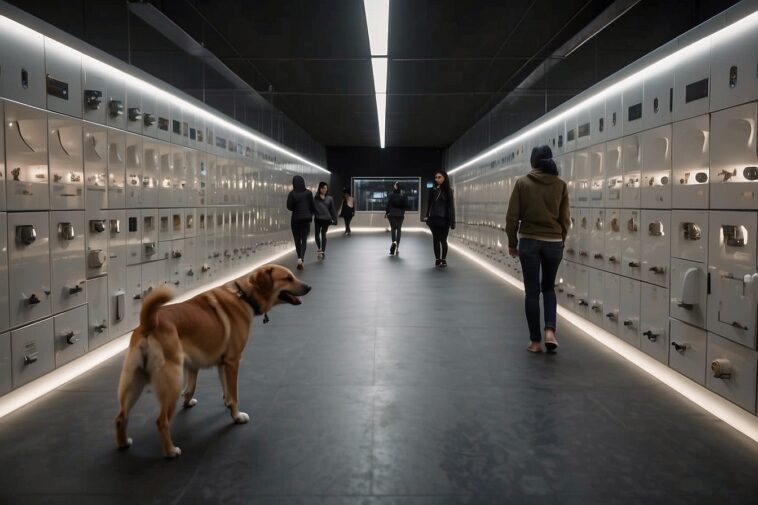Introduction
Dogs have been an integral part of human society for thousands of years, evolving from wild animals to trusted companions, workers, and even healers. This article explores the journey of dogs through human history, their current roles, and anticipates their future in our rapidly changing world.
H1: The Historical Significance of Dogs
H2: Early Domestication and Roles
Evidence suggests that dogs were the first animals domesticated by humans, playing roles as hunters, protectors, and companions. This bond laid the foundation for the diverse roles dogs would come to play in human society.
H2: Dogs in Warfare and Work
Throughout history, dogs have served in warfare, herding, and as guardians. Their versatility and loyalty have made them invaluable in various roles across different cultures and periods.
H1: Current Roles of Dogs in Society
H2: Companionship
Today, the primary role of many dogs is companionship. They are part of the family, providing emotional support and unconditional love.
H2: Service and Therapy Dogs
Dogs have taken on significant roles as service and therapy animals, assisting people with disabilities and providing comfort in therapeutic settings.
H2: Dogs in Workplaces and Education
Increasingly, dogs are being integrated into workplaces and schools to reduce stress and promote a positive environment.
H1: Scientific Advancements Affecting Dogs
H2: Genetic Engineering and Breeding
Advancements in genetics are reshaping dog breeding, with implications for health, behavior, and even the creation of new breeds.
H2: Veterinary Medicine Advancements
Modern veterinary medicine offers treatments for a wide range of health issues, improving the quality of life for many dogs.
H1: The Changing Social Status of Dogs
H2: Dogs as Family Members
Dogs are increasingly viewed as full-fledged family members, with this shift reflected in spending on care, products, and services.
H2: Legal Rights and Protection
The legal system is beginning to recognize dogs more as sentient beings with rights, impacting laws related to welfare and custody.
H1: Technological Innovations and Their Impact
H2: Wearable Tech for Dogs
Wearable technology for dogs, such as GPS trackers and fitness monitors, is becoming popular, enabling owners to safeguard and manage their health better.
H2: AI and Robotics in Dog Care
AI and robotics are beginning to play a role in dog care, offering everything from smart toys to automated feeders.
H1: Ethical Considerations
H2: The Debate Over Breeding
The ethics of dog breeding, particularly regarding purebreds and designer dogs, is a contentious issue, with concerns over health and wellbeing.
H2: Ownership vs. Guardianship
The concept of dog ownership is evolving towards guardianship, recognizing the responsibility to care for and protect these animals.
H1: The Future Role of Dogs in Human Society
H2: Predictions and Possibilities
Looking ahead, dogs will likely play even more significant roles in human health, security, and companionship, aided by advancements in technology and a deepening understanding of canine capabilities and needs.
H2: Challenges and Solutions
The future will also bring challenges, from ethical dilemmas to practical issues in integration and care, requiring thoughtful solutions.
Conclusion
Dogs have journeyed with us through history, adapting and evolving in their roles within human society. As we look to the future, it is clear that this deep bond will continue to grow, shaped by love, innovation, and a shared destiny.



